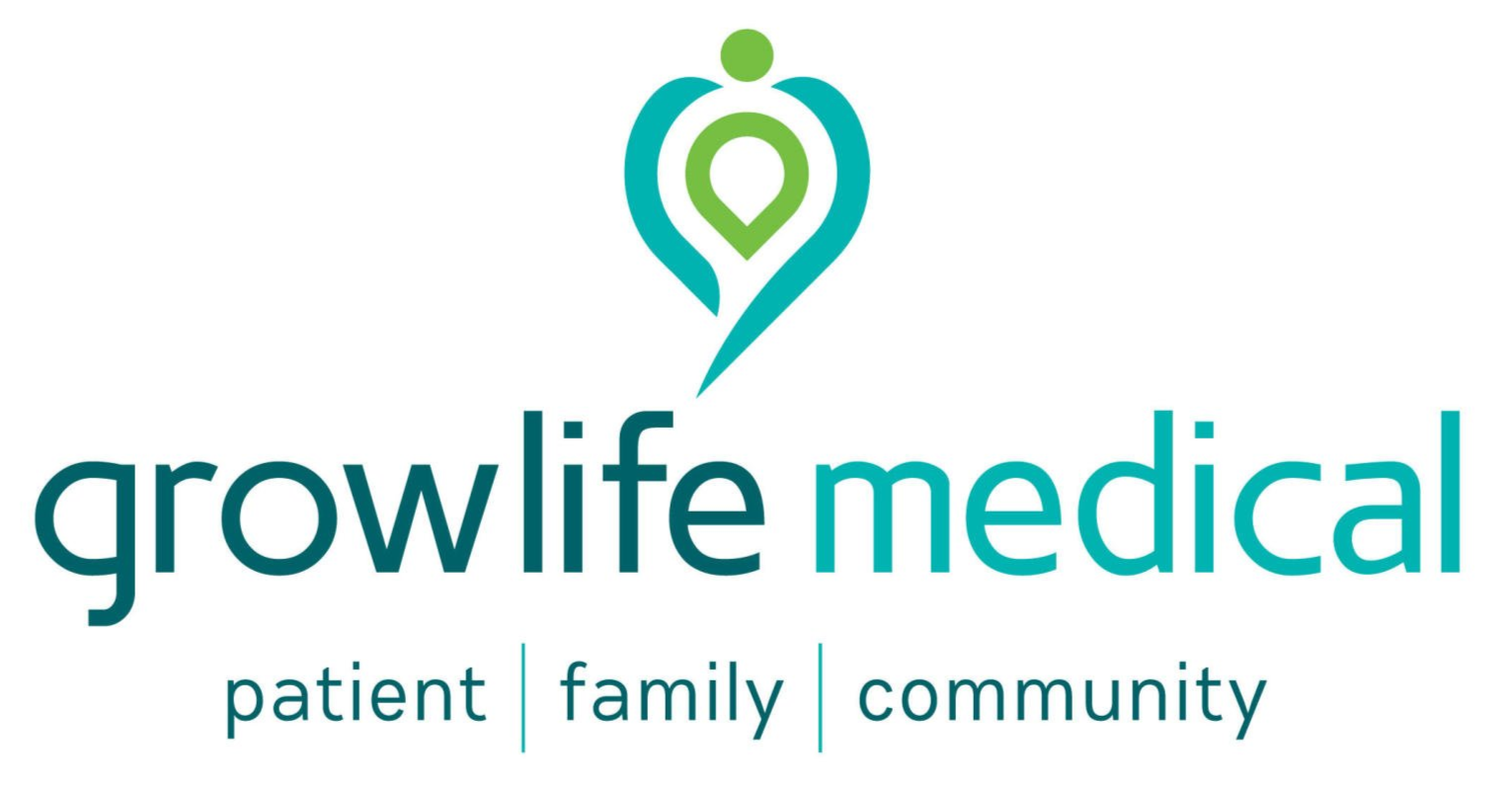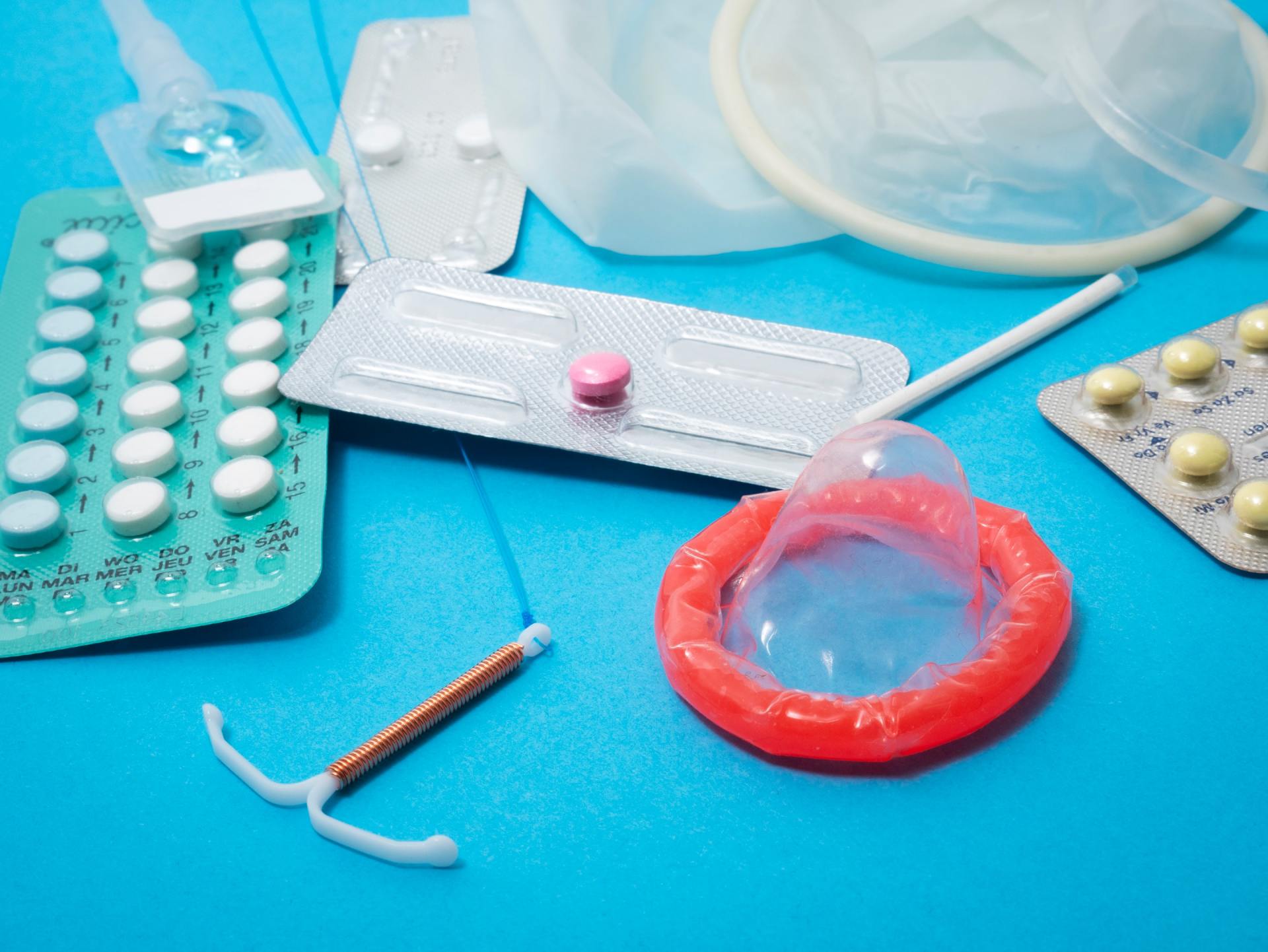Your Guide to Contraception
Annabel Chau
Thinking about contraception but not sure where to start? Sick of taking a pill every day and want to know what else is out there? This article is your guide to contraception and covers the various options available to you. We also discuss when contraception is essential, contraception when breastfeeding, and offer some contraception advice.
Contraception has come a long way recently and is now as varied as the lifestyles we lead. Growlife Medical
is here to help find the best fit for you. Please contact
Growlife Medical
today for advice.
Contraception Choice
First up, let remember that condoms are the only method of contraception choice which protects against sexually transmitted infections (STIs). The combined oral contraceptive pill is its well known hormonal counterpart on the market. However, many find remembering to take a pill every day cumbersome. In addition to this, certain medical conditions such as having migraines with auras or a clotting disorder may preclude you from being able to safely take this form of contraception.
So, what else is out there for you?
If you suffer from the conditions mentioned above, you are still able to safely take a progestin-based contraception. There are also other contraception options, too. Below we run through some of the main contraception choices available.
Combined Oral Contraceptive Pill
One of the most common types of oral contraceptive pill is the combination pill. These contain synthetic progestin and estrogen hormones. Combination pills are taken in cycles. The majority of pills in a cycle are 'active', meaning they contain hormones, while the remaining quota of pills are inactive, and do not contain hormones.
One advantage of the combined oral contraceptive pill is being able to take active pills continuously, so that you can time or skip periods. This can reduce the number of periods to three or four times a year.
Progesterone-Based Contraception
Progestin based contraception taken orally is able to prevent pregnancy by stopping the release of eggs from your ovaries. Progestin itself is a synthetic form of the naturally occurring female hormone, progesterone.
The biggest caveat to progestin based contraception is unexpected vaginal bleeding – however, the statistics show that one in five women get heavier periods, one in five get lighter to no periods, and three in five will have much the same bleeding pattern only lighter. Return to fertility is immediate upon removal of the birth control implants or IUDs, however can take up to 18 months if you are on the Depo.
Progestin only contraceptives come in forms including; the progestin-only 'minipill', progestin releasing intrauterine system, a progestin injection, and a progestin implant.
Progestin only pills - also known as the minipill - are the other main type of oral contraceptive pills. They are typically a good choice for women who are not able to take estrogen. There are no inactive pills involved - so it is possible to have a period with progestin only pills. This type is OK with breastfeeding, is therefore a common option immediate after having a baby. As the minipill isn't quite as effective at preventing pregnancy, it is usually reserved for breastfeeding unless there is a good reason to use it at other times of life.
Contraceptive Implant
Another progesterone only option is a contraceptive implant. These have the benefits of progesterone only contraception, but because they are an implant, they overcome the problems of the mini pill (mainly forgetting!) and are the most effective form of contraception. Birth control implants or "bars" are a small device inserted just under the skin of your arm which lasts three years but can be removed at any time. These birth control implants are roughly the size of a matchstick, and releases the progestin hormone which stops you from getting pregnant.
The Depo-Provera, or 'The Depo' as it is also known – is an older style way of achieving the same thing. It is an intramuscular progesterone injection required to be taken every 12 weeks. It is able to suppress ovulation and prevent the ovaries from releasing an egg. However, unlike the implant, it can't be removed once injected, so most doctors now recommend the implant or an IUD rather than the Depo.
As progesterone implants or IUDs are super effective, overcome forgetfulness and are OK for breastfeeding, they are often a much better long term option than the mini-pill
Related articles:
Intrauterine Contraception
Intrauterine contraception devices or intra-uterine devices
(IUDs) provide birth control for five years. This T shaped device is inserted into the uterus, and releases the progestin hormone. It plays the role of thickening the mucus in the cervix, stopping sperm from fertilising an egg. It is also able to thin the lining of the uterus and suppress ovulation partially. Both birth control implants and intra-uterine devices
(IUDs) are set and forget options so great if you’re sick of taking that pill every day.
There are also non-hormonal IUDs available if the progesterone component doesn't work for you.
Contraception and STI’s
Please remember that no form of hormonal contraception protects against STIs. We recommend a sexual health check at the start of every new relationship, or when you are concerned. It is important to note that many STIs can have no symptoms at all, and can have long-lasting implications such as infertility.
Asking for an STI check when you have your cervical screen
is a great idea. Remember to ask your doctor.
Essential Contraception
There are some cases which require essential contraception, often relating to taking medication which can be harmful to a growing baby. Birth control is needed for Roaccutane treatment, which is used to address severe acne. Two forms of contraception must be taken for one month before the treatment, one month during the treatment, and one month after the treatment. Your doctor will advise you on suitable forms of birth control. Generally, a very effective method is recommended, so considering a progesterone implant is a really good idea.
Contraception When Breastfeeding
If a contraception is required during breastfeeding as a method of birth control, progesterone only contraceptives are usually recommended for women who are breastfeeding. A birth control implant or IUD
can be used. Breastfeeding mums can be confident that progesterone only contraceptives won't affect milk supply.
Contraception Advice
If you are thinking of having an STI check or wish to discuss your contraceptive options in more detail, chat to us at Growlife Medical.
We have GPs trained in both birth control implants and IUD insertions
at our practices to easier facilitate your choice of contraception.
We are also Brisbane's leader in
Telehealth Consults,
Growlife Medical
now provides easy and secure
Telehealth Consults with your doctor. You can easily
book online or over the
phone, for a video or phone consult with your GP. All
Growlife Medical Doctors
in all or our general practice locations are available for
Telehealth consults.
Other Articles On Breastfeeding

Returning to exercise after having a baby can be daunting, and for many women, they are unsure of where to start or where to seek advice. Like so many other aspects of parenthood, there isn’t a simple rule. There are, however, some fantastic guidelines we can follow to help ensure a safe return to exercise and every day activities. The evidence directs us towards low impact, controlled activity in the first 6 weeks where we are aiming to maximise natural recovery and facilitate healing and gentle strengthening of the pelvic floor and abdominal muscles. Growlife Medical are experienced in caring for you after a pregnancy. P lease contact us today for advice.










